extreme poverty
March 19, 2018
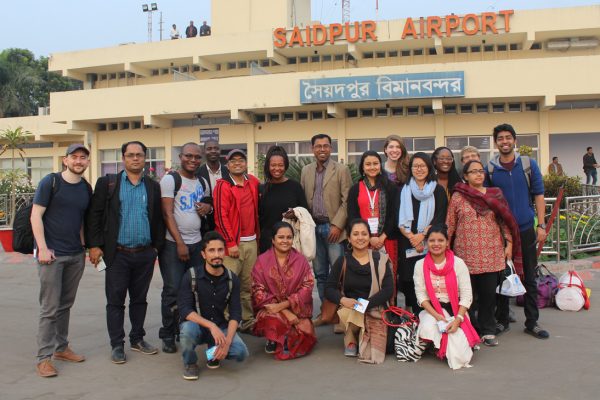
Published by Tahjib Shamsuddin at Mar 19 2018
Categories
Bangladesh, the birthplace of microfinance and many other successful pro-poor strategies has been acknowledged as the model of development for many years. Once again, the country is recognised to have found the most effective solution to one of the most complex problems of the world - extreme poverty.
July 4, 2017

Published by Partha S Karmaker at Jul 04 2017
Categories
According to the Pareto principle, 80% of the world’s wealth is in the hands of 20% of the people. Even if more resources are created, the distribution of the new wealth will follow the same rule. This rule does not only work in economics, but it also applies in science and sports for the prediction of results, and in computer engineering for simulation and testing.
June 4, 2015

Published by Shameran Abed at Jun 04 2015
Categories
This month, the results from six randomised control trials (RCTs), published in Science magazine highlighted a model of development that is an adaptable and exportable solution able to raise households from the worst forms of destitution and put them onto a pathway of self-reliance. The graduation approach – financial services integrated within a broader set of wrap-around services – is gaining steady recognition for its astonishing ability to transform the lives of the poorest.
May 21, 2015

Published by Rakib Avi at May 21 2015
Categories
According to the World Bank, people living on or under USD 1.25 per day are considered ‘ultra poor’. Global trends indicate that we are gradually and surely winning the fight against poverty. Still, a staggering 1.2 billion people are living in extreme poverty- that is almost four times the number of people living in USA.
September 2, 2014
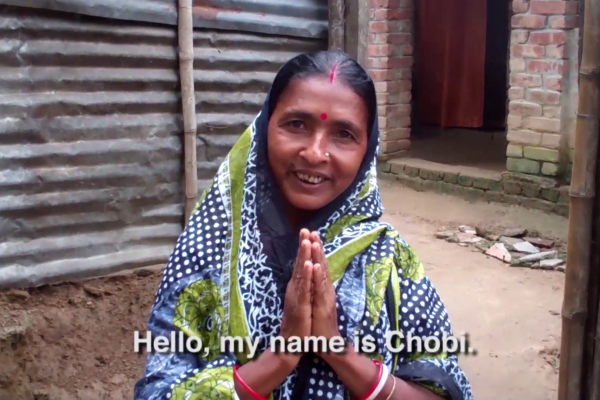
Published by Isabel Whisson at Sep 02 2014
Categories
“When it would rain, we did not have a dry area to sleep… I used old and torn rags to cover my children.” The video speaks for itself. A self-told story about how Chobi Rani, with the assistance of BRAC, brought herself out of the harshest forms of poverty, to feed and send her children to school, live in a comfortable home and maintain successful enterprises in farming.
October 15, 2013
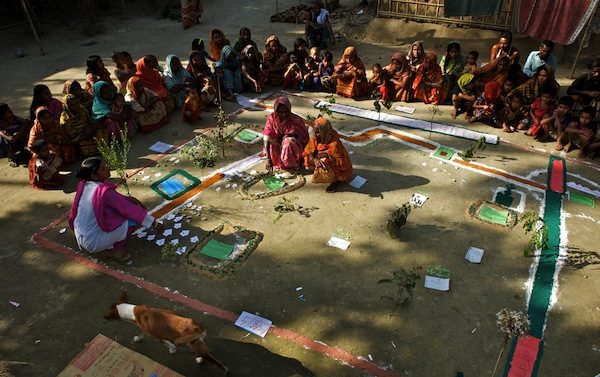
Published by Oscar Abello at Oct 15 2013
Categories
On October 20, from 12 p.m. to 1 p.m. GMT, Rabeya Yasmin, the director of BRAC's graduation program targeting the ultra-poor will take and answer questions via Twitter. We invite you to participate and submit questions ahead of time using the hashtag #BRACultrapoor.
September 4, 2013

Published by Oscar Abello at Sep 04 2013
After a few years of trail and error, BRAC figured out a way to make sure those living in poverty and those living around poverty are "in the room," or in other words they play a major role in deciding which household among them really is the neediest.
September 1, 2013
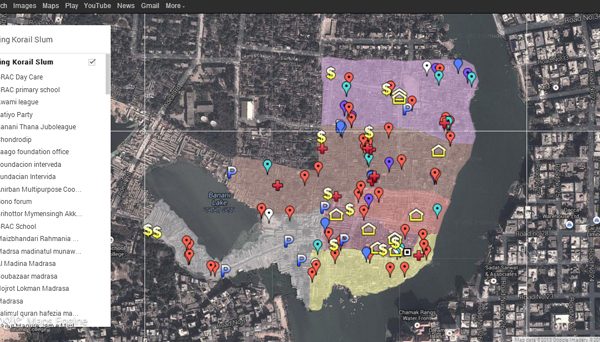
Published by Maria A May at Sep 01 2013
Many mapping initiatives are ramping up in the developing world, but in urban megacities like Dhaka, the slums remain largely uncharted--even by mapping giants like Google.
March 11, 2013
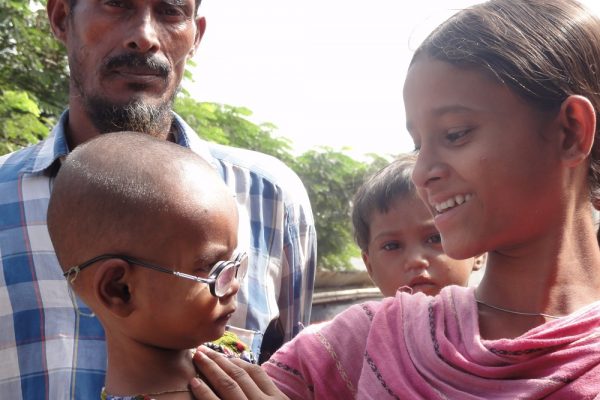
Published by Rod Dubitsky at Mar 11 2013
Categories
It can seem so easy. Give a slum-dweller a three-wheeled vehicle. She creates a mobile tea business. Income increases from 100 Bangladeshi taka to 400 taka per day. She leaves her backbreaking job as a brick-maker, quadruples her income, preserves her health, restores her dignity. Rinse, repeat.
January 31, 2013
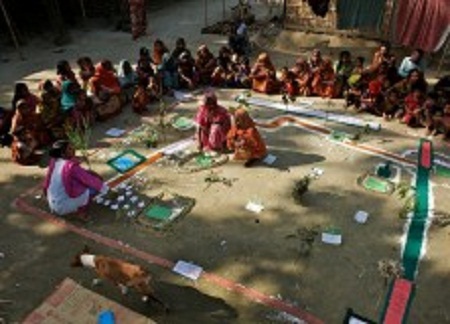
Published by Scott MacMillan at Jan 31 2013
Categories
A group of men and women attend a participatory wealth ranking in Kaposhatia in Pakchanda union in Hossanipur upazila, Bangladesh.(Credit: BRAC/Shehzad Noorani).
"Where are the poor?" asks my colleague Oscar Abello at NextBillion.net, in an article that explains why better targeting of aid and impact investing programs has never been more essential. This is particularly true when it comes to "ultra-poor programs" that have been so successful in addressing the direst forms of extreme poverty.

